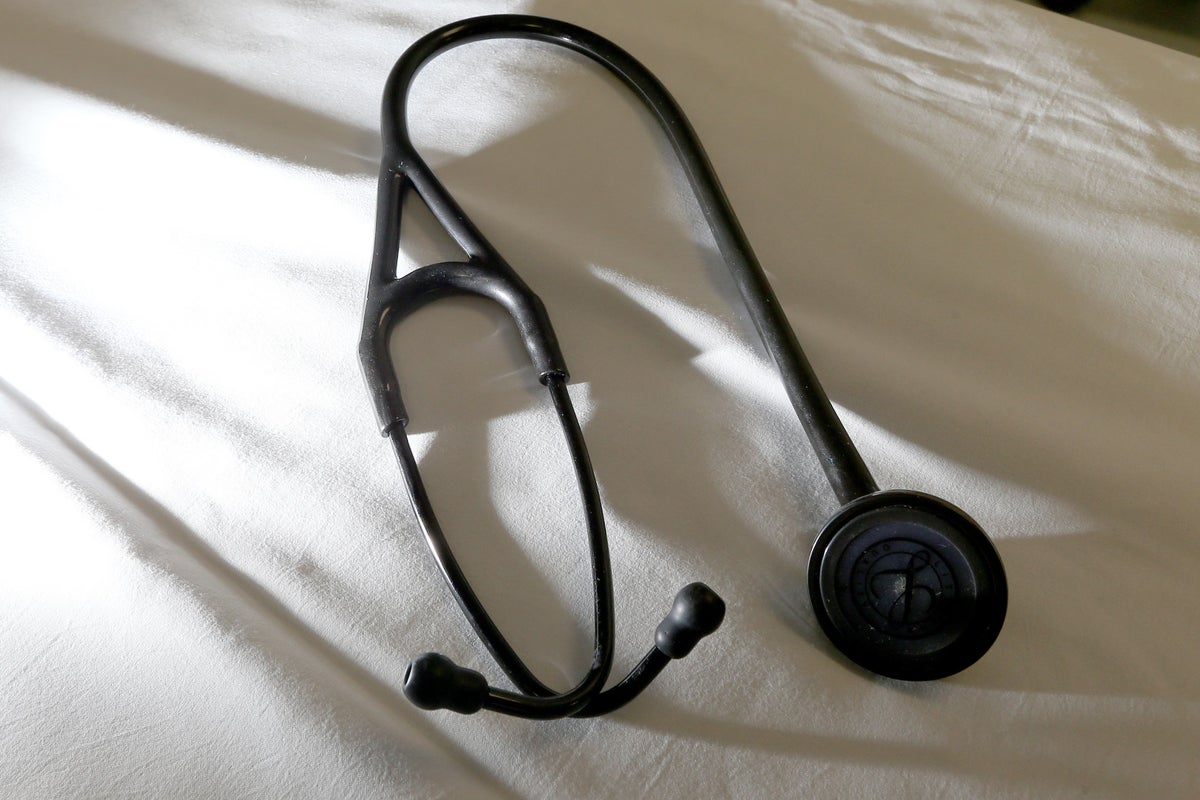‘Suicide risk almost seven times higher after young onset dementia diagnosis’

The risk of someone taking their own life is almost seven times higher after diagnosis of young onset dementia, a new study suggests.
Researchers say their findings indicate clinics should target suicide risk assessment to patients who are diagnosed with the condition before the age of 65.
Early recognition and a timely accurate diagnosis of dementia, combined with specialist support, are important factors in reducing the distress caused by a young onset diagnosis, they add.
A dementia diagnosis can be devastating, and our work shows that we also need to ensure that services have the resources to provide appropriate support after a diagnosis is given
Dr Charles Marshall, Queen Mary University of London
Queen Mary University of London and University of Nottingham scientists looked at medical records of some 594,674 people from 2001 to 2019 to determine if there was a link between dementia diagnosis and suicide risk.
They found that nearly 2% of patients with a dementia diagnosis died from suicide.
According to the study, patients were at a high risk of suicide after a dementia diagnosis if aged under 65, during the first three months after a diagnosis, or if they had known psychiatric illness.
It found that in patients younger than 65 years and within three months of diagnosis, suicide risk was 6.69 times higher than in patients without dementia.
Dr Charles Marshall, senior author and clinical senior lecturer and honorary consultant neurologist at the Wolfson Institute of Population Health at Queen Mary, said: “Improving access to a dementia diagnosis is an important healthcare priority.
“However, a dementia diagnosis can be devastating, and our work shows that we also need to ensure that services have the resources to provide appropriate support after a diagnosis is given.”
In the UK, around 850,000 people currently live with dementia and it is the leading cause of death.
Around 42,000 of these people have young onset dementia.
Only around two-thirds of those living with dementia have received a diagnosis, and improving access to a timely and accurate dementia diagnosis is a major NHS priority.
But experts say the expansion of memory clinics for diagnosing dementia has not always been accompanied by additional resources for supporting patients in the difficult period after diagnosis.
Dr Danah Alothman, lead author and researcher at the University of Nottingham, said: “These findings suggest that memory clinics should particularly target suicide risk assessment to patients with young onset dementia, patients in the first few months after dementia diagnosis and patients already known to have psychiatric problems.”
The findings are published in the Jama Neurology journal.
For all the latest Science News Click Here
For the latest news and updates, follow us on Google News.

